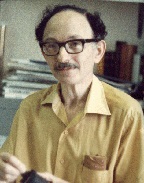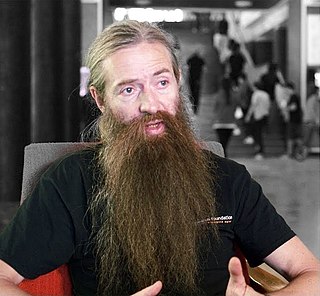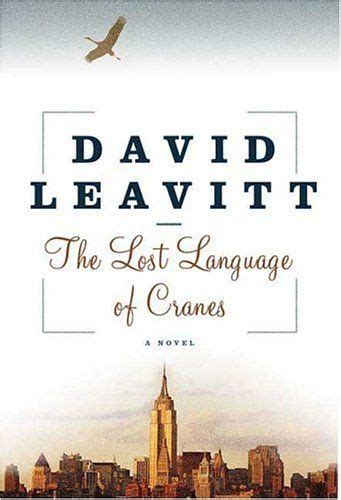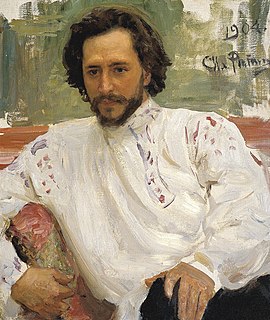A Quote by John L. Casti
My own guess is that quite quickly the machine intelligence will start dreaming machine dreams and thinking machine thoughts, both of which would totally incomprehensible to us. This would then lead to each species, we and the machines, moving off on to its own separate life trajectory.
Related Quotes
Let an ultraintelligent machine be defined as a machine that can far surpass all the intellectual activities of any man however clever. Since the design of machines is one of these intellectual activities, an ultraintelligent machine could design even better machines; there would then unquestionably be an 'intelligence explosion,' and the intelligence of man would be left far behind. Thus the first ultraintelligent machine is the last invention that man need ever make.
The mind is a mechanism. It has no intelligence. The mind is a bio-computer. How can it have any intelligence? It has skill, but it has no intelligence; it has a functional utility, but it has no awareness. It is a robot; it works well but don`t listen to it too much because then you will lose your inner intelligence. Then it is as if you are asking a machine to guide you, lead you. You are asking a machine which has nothing original in it.
There is, however, one feature that I would like to suggest should be incorporated in the machines, and that is a 'random element.' Each machine should be supplied with a tape bearing a random series of figures, e.g., 0 and 1 in equal quantities, and this series of figures should be used in the choices made by the machine. This would result in the behaviour of the machine not being by any means completely determined by the experiences to which it was subjected, and would have some valuable uses when one was experimenting with it.
I think you have to find how the machine can work for you. That's what I mean by "attaching yourself to the machine," 'cause the machine is going to be there, and you can rage against the machine, which is cool, but there's ways that you can benefit off the machine if you're savvy enough and you're sharp enough, smart enough. We all got to live and eat.
... regard this body as a machine which, having been made by the hand of God, is incomparably better ordered than any machine that can be devised by man, and contains in itself movements more wonderful than those in any machine. ... it is for all practical purposes impossible for a machine to have enough organs to make it act in all the contingencies of life in the way in which our reason makes us act.
Man is a machine which reacts blindly to external forces and, this being so, he has no will, and very little control of himself, if any at all. What we have to study, therefore, is not psychology-for that applies only to a developed man-but mechanics. Man is not only a machine but a machine which works very much below the standard it would be capable of maintaining if it were working properly.


































